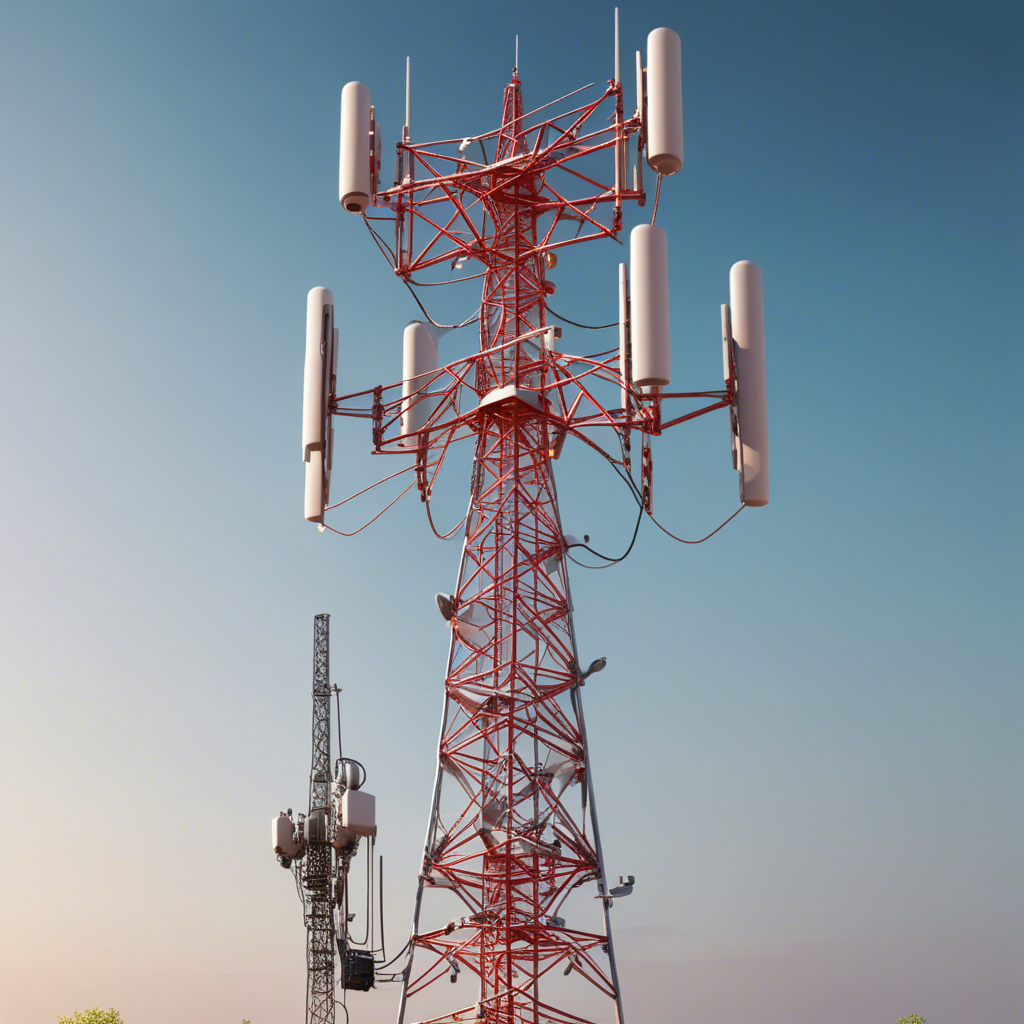The world of wireless communication has undergone a significant transformation with the advent of 5G technology. The fifth generation of wireless networks promises to revolutionize the way we communicate, work, and live. But what exactly is 5G, and how does it differ from its predecessor, 4G? In this article, we will delve into the key differences between 5G and 4G, and explore why this new technology matters.
What is 4G?
4G, also known as Long-Term Evolution (LTE), is the fourth generation of wireless networks. It was introduced in the late 2000s and has been the standard for wireless communication for over a decade. 4G networks use a technology called orthogonal frequency division multiple access (OFDMA) to transmit data at high speeds. 4G networks typically offer download speeds of up to 100 Mbps, although some advanced 4G networks can reach speeds of up to 1 Gbps.
What is 5G?
5G, also known as New Radio (NR), is the fifth generation of wireless networks. It is designed to provide faster, more reliable, and more widespread connectivity than 4G. 5G networks use a technology called millimeter wave (mmWave) to transmit data at extremely high speeds. 5G networks can offer download speeds of up to 20 Gbps, making them significantly faster than 4G.
Key Differences Between 5G and 4G
So, what are the key differences between 5G and 4G? Here are some of the main differences:
- Speed: 5G networks are significantly faster than 4G networks. While 4G networks typically offer download speeds of up to 100 Mbps, 5G networks can offer download speeds of up to 20 Gbps.
- Latency: 5G networks have lower latency than 4G networks. Latency refers to the delay between sending and receiving data. 5G networks typically have latency of around 1 ms, while 4G networks have latency of around 50 ms.
- Capacity: 5G networks have greater capacity than 4G networks. This means that more devices can be connected to a 5G network at the same time, without a decrease in performance.
- Reliability: 5G networks are designed to be more reliable than 4G networks. They use advanced technologies like beamforming and massive MIMO to improve signal strength and reduce interference.
- Range: 5G networks have a shorter range than 4G networks. This is because 5G signals have a higher frequency and are more easily blocked by obstacles.
Why Does 5G Matter?
So, why does 5G matter? Here are some of the ways that 5G is expected to transform our lives:
- Enhanced Mobile Broadband: 5G will provide faster and more reliable mobile broadband connections, enabling us to stream high-definition video, play online games, and access cloud-based services on the go.
- Massive Machine-Type Communications: 5G will enable the widespread adoption of IoT devices, such as smart home appliances, autonomous vehicles, and industrial sensors.
- Ultra-Reliable Low Latency Communications: 5G will provide ultra-reliable and low-latency connections, enabling applications like remote surgery, smart grids, and autonomous vehicles.
- Smart Cities: 5G will enable the creation of smart cities, with intelligent transportation systems, smart energy grids, and advanced public safety systems.
Challenges and Limitations
While 5G promises to revolutionize the way we communicate, work, and live, there are also challenges and limitations to consider:
- Cost: Building out 5G networks will require significant investment in new infrastructure, including cell towers, fiber-optic cables, and data centers.
- Security: 5G networks will require advanced security measures to protect against cyber threats and ensure the integrity of data.
- Regulation: Governments will need to develop new regulations to govern the deployment and use of 5G networks.
- Interoperability: 5G networks will need to be designed to work seamlessly with existing 4G networks and other wireless technologies.
In conclusion, 5G is a game-changing technology that promises to revolutionize the way we communicate, work, and live. With its faster speeds, lower latency, and greater capacity, 5G will enable new applications and services that were previously unimaginable. While there are challenges and limitations to consider, the benefits of 5G make it an exciting and important development in the world of wireless communication.


